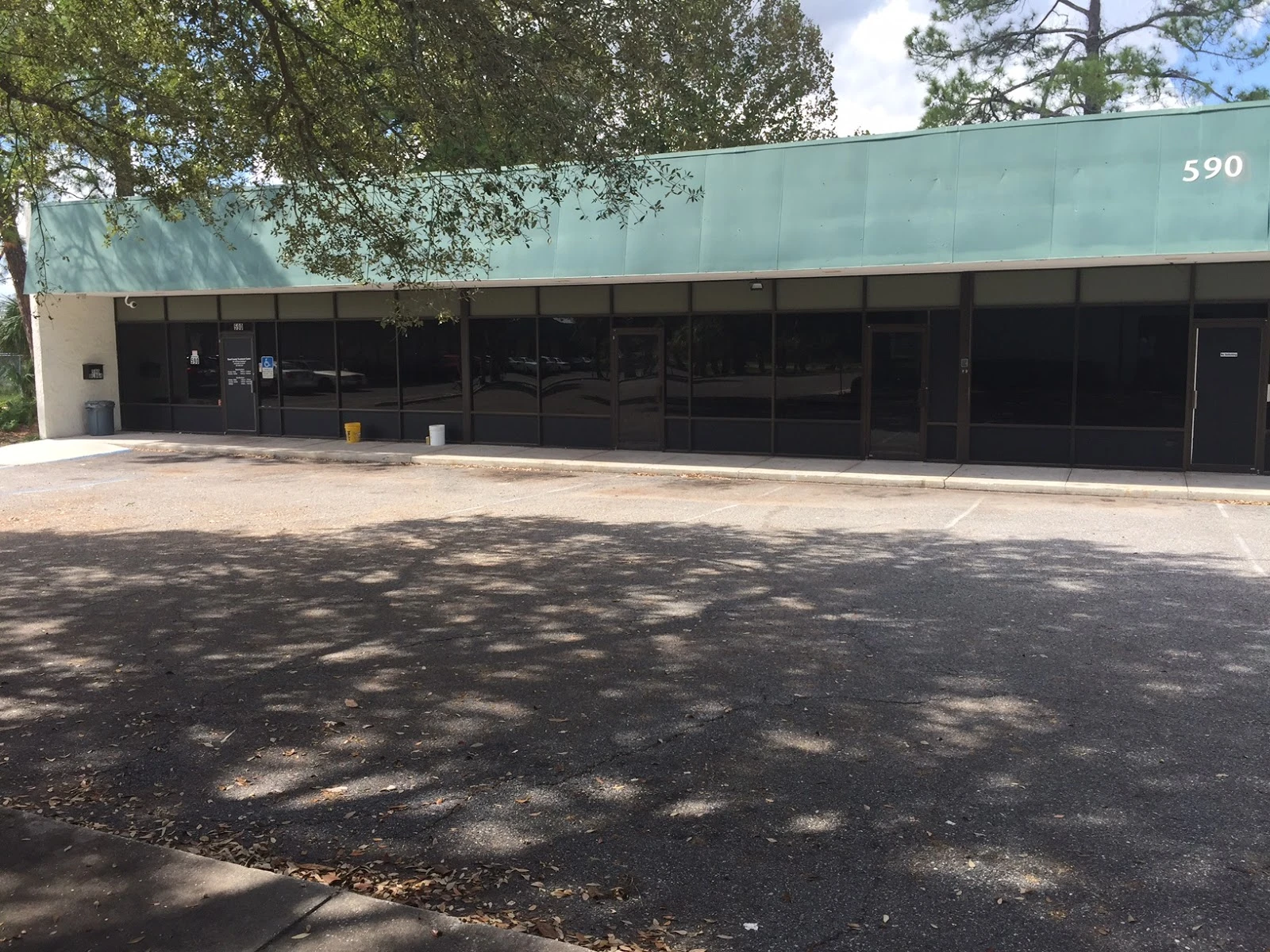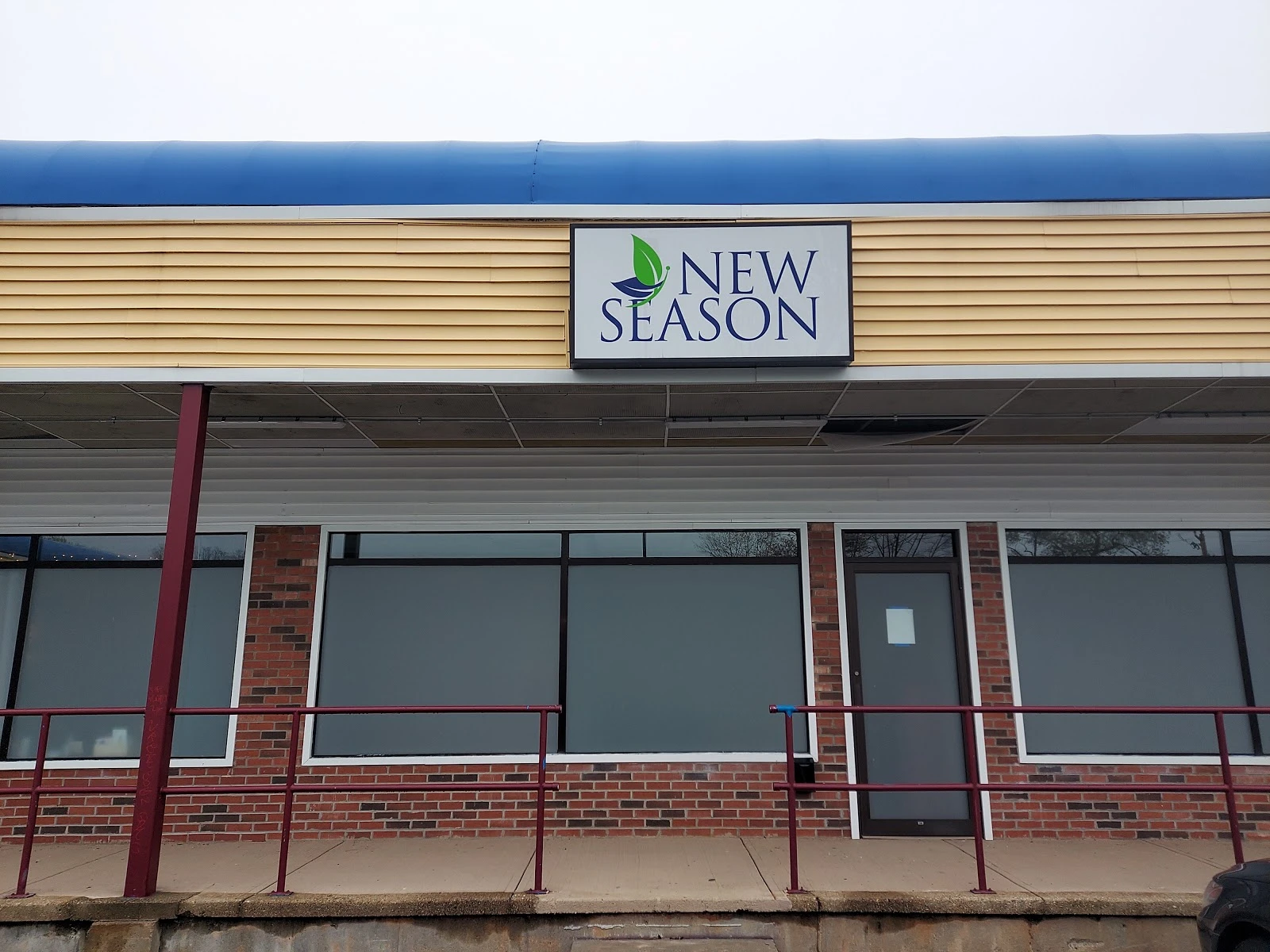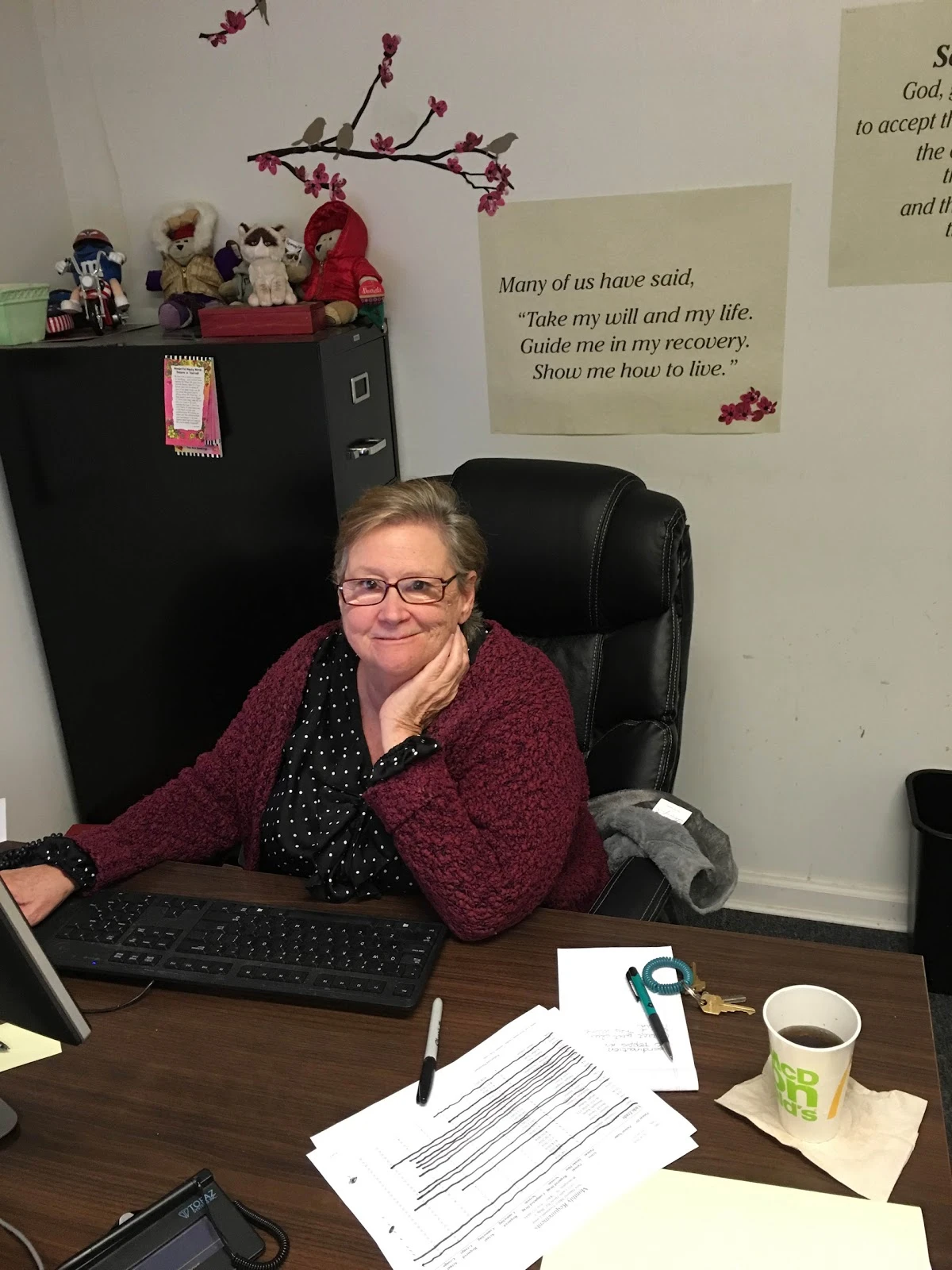New Season - West Palm Beach Treatment Center, situated in West Palm Beach, Florida, provides substance use disorder patients with comprehensive outpatient services. This facility provides Intensive Outpatient Programs (IOP) that are specifically designed to provide structured care while enabling clients to continue with their daily responsibilities.
Medication-Assisted Treatment (MAT) is an important component of the treatment, as it assists in the alleviation of withdrawal symptoms and the reduction of cravings, thereby facilitating a more secure and comfortable recovery process. This treatment is combined with therapeutic approaches, such as individual, family and group therapy, to address the psychological and emotional aspects of addiction.
The facility also provides the convenience of telehealth services, which enables clients to access care remotely as needed, thereby ensuring the continuity and flexibility of treatment. Each care plan is customized to accommodate the distinctive requirements of the individual, thereby promoting long-term recovery and overall health.
The Commission on Accreditation of Rehabilitation Facilities (CARF) provided accreditation to New Season - West Palm Beach Treatment Center, a testament to its dedication to providing exceptional care for substance use disorders. This accreditation is indicative of the facility's commitment to maintaining stringent service standards, which ensure that clients receive evidence-based treatment in a professional, ethical, and secure environment.



















